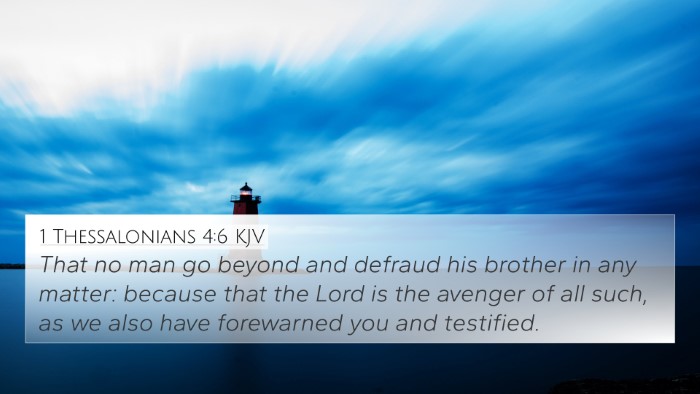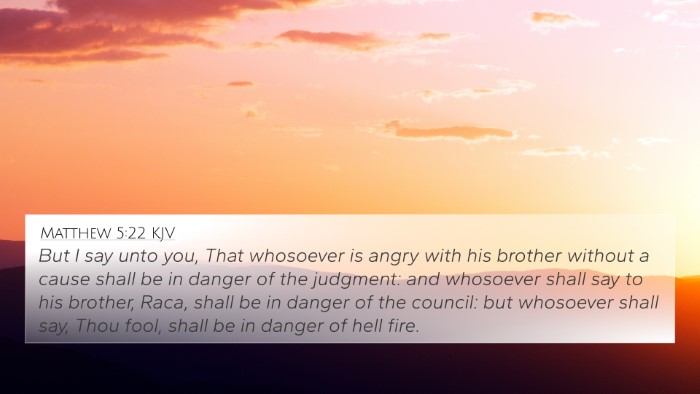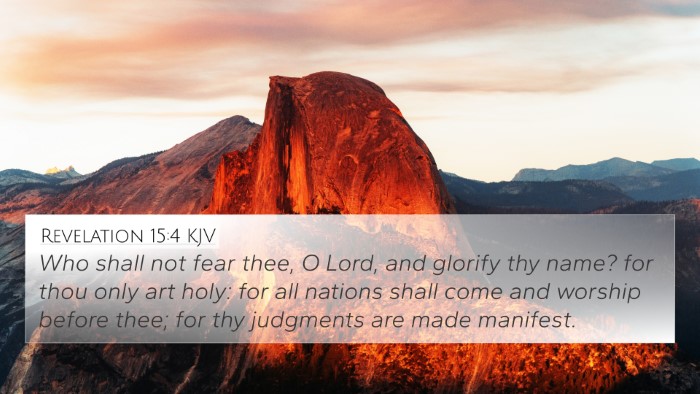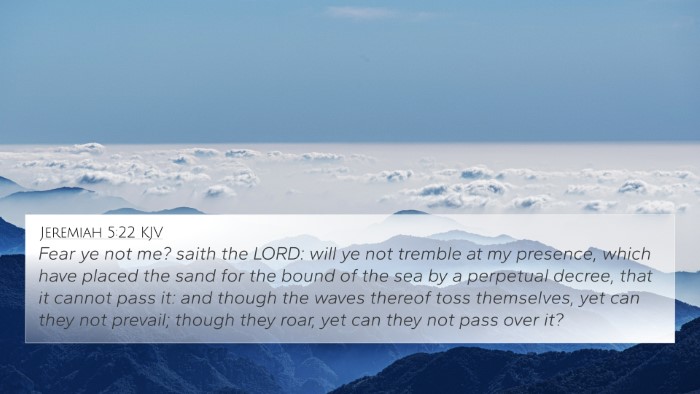Understanding Luke 12:5
Luke 12:5 states:
"But I will show you whom you should fear: Fear Him who, after He has killed, has power to cast into hell; yes, I say to you, fear Him!"
This verse is pivotal in understanding the nature of our fear towards God compared to earthly powers. Let's delve into the interpretations from prominent public domain commentaries.
Matthew Henry's Commentary
Matthew Henry emphasizes the importance of fearing God, who holds ultimate authority over life and death. He contrasts the transient power of men with the eternal power of God. According to Henry, the fear of God leads to reverence and obedience, while the fear of man can lead to compromise and disobedience. He encourages believers to place their trust in God rather than in the fickle nature of human authority.
Albert Barnes' Notes
Albert Barnes elaborates that fearing God means recognizing His omnipotence—His ability to judge and to cast into hell. He notes that while humans can affect our temporal existence, it is only God who can determine our eternal fate. Barnes insists that this fear should not be a paralyzing dread but a profound respect that leads to wisdom and righteousness. He connects this fear to the broader theme of accountability before God.
Adam Clarke's Commentary
Adam Clarke highlights the notion of divine justice in this verse, noting that God's judgment is not only thorough but also irreversible. He stresses the significance of fearing the right entity—God rather than man. Clarke points out that Jesus, by referencing hell, underscores the seriousness of God's retribution for sin and the ultimate consequence of a life lived outside of His will. Clarke advocates for a balanced approach to fear; it should foster an awe-filled respect for God's righteousness and mercy.
Key Themes and Interpretations
- Fear of God vs. Fear of Man: The fundamental message of this verse is that true fear belongs to God alone. This fear correlates with a healthy respect and acknowledgment of His sovereignty over earthly powers.
- Divine Authority: God is depicted as the ultimate authority who not only has power over life but also over eternal judgment.
- Eternal Consequences: The mention of hell signifies the seriousness with which one should consider their relationship with God and the eternal ramifications of their choices.
- Righteous Living: Fearing God inspires believers to live a life aligned with His will, promoting moral integrity and spiritual growth.
Cross-References for Luke 12:5
This verse can be cross-referenced with the following biblical texts:
- Matthew 10:28: Both verses emphasize the reality of God's power over eternal judgment.
- Proverbs 1:7: "The fear of the Lord is the beginning of knowledge." This establishes the foundation for understanding our relationship with God.
- Hebrews 10:31: "It is a fearful thing to fall into the hands of the living God." This reflects the serious nature of divine judgment.
- 2 Peter 2:4: Discusses the judgment of angels and parallels the theme of God’s power over those who sin.
- Revelation 20:15: The final judgment and the fate of the unsaved highlight the eternal consequences of rejecting God.
- Isaiah 33:14: Questions regarding who among us can dwell with the everlasting burnings refers to the holiness of God and His judgment.
- Luke fear of God’s authority over judgment. The logical conclusion of fearing God is to live in accordance with His commands and truths, rather than succumbing to the fear of man.
Connections Between Bible Verses
Luke 12:5 connects intricately with various themes throughout the Bible. The idea of fearing God appears in numerous scriptures, highlighting a recurring motif:
- Thematic Bible Verse Connections: The connection between fear of God and wisdom is echoed in Psalms and Proverbs.
- Bible Verse Parallels: The shared messages of judgment and accountability in both the Old and New Testaments illustrate the consistent nature of God's authority.
- Scriptural Cross-Referencing: By examining the related scriptures cited above, we observe a unified urging for reverential fear that propels believers toward genuine faith and righteous living.
Conclusion
Luke 12:5 serves as a poignant reminder of the need to properly orient our fears and reverence. As established by Matthew Henry, Albert Barnes, and Adam Clarke, the fear of God is an acknowledgment of His power and a driving force toward holy living. Such reflections encourage believers to engage in Bible cross-reference study, enriching their understanding of God’s character through connections between Bible verses. By mining the depths of scripture through careful analysis and comparison, Christians can identify passages that support the overall theme of fearing God and appreciating His authority in all aspects of life.

















